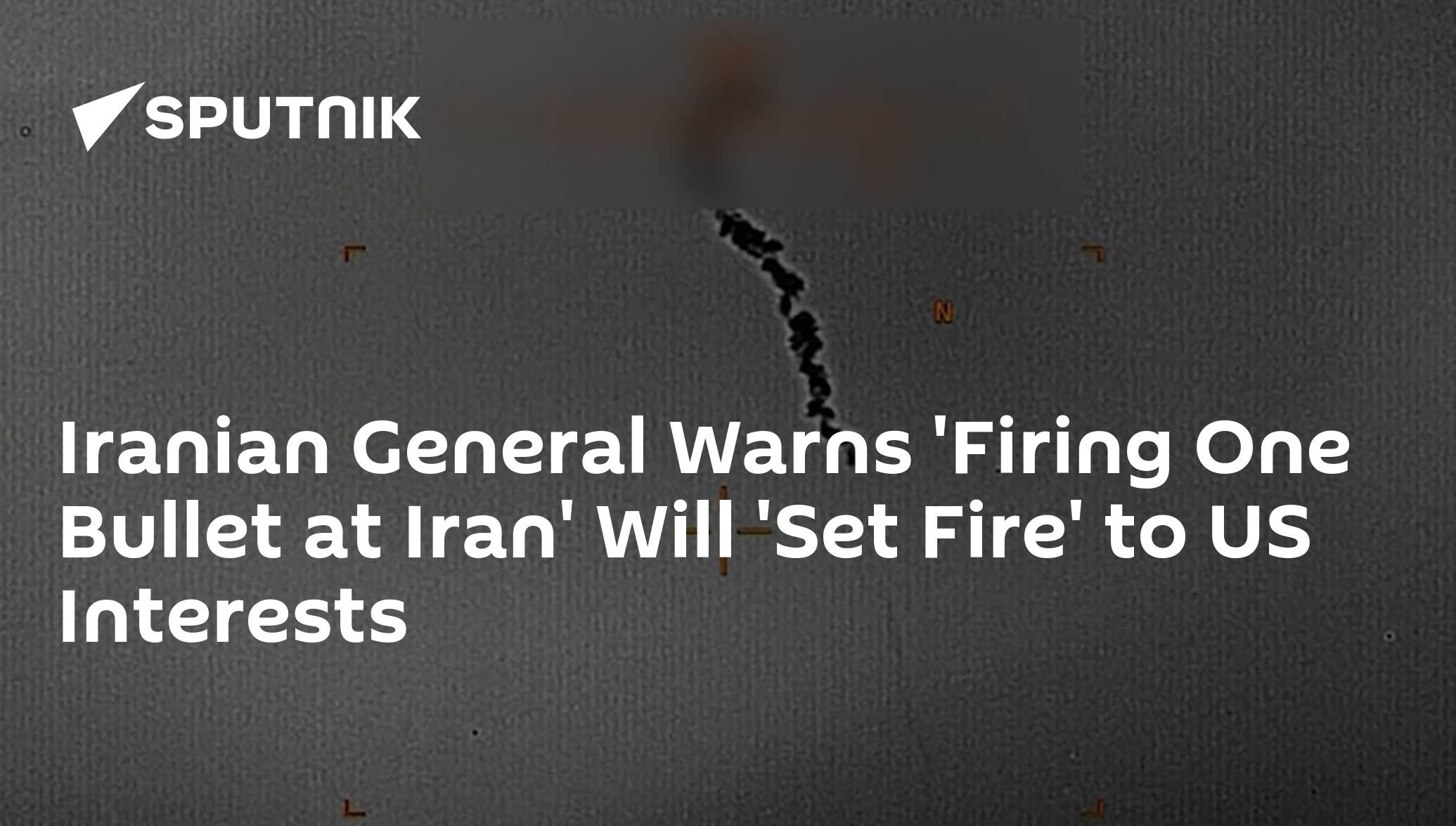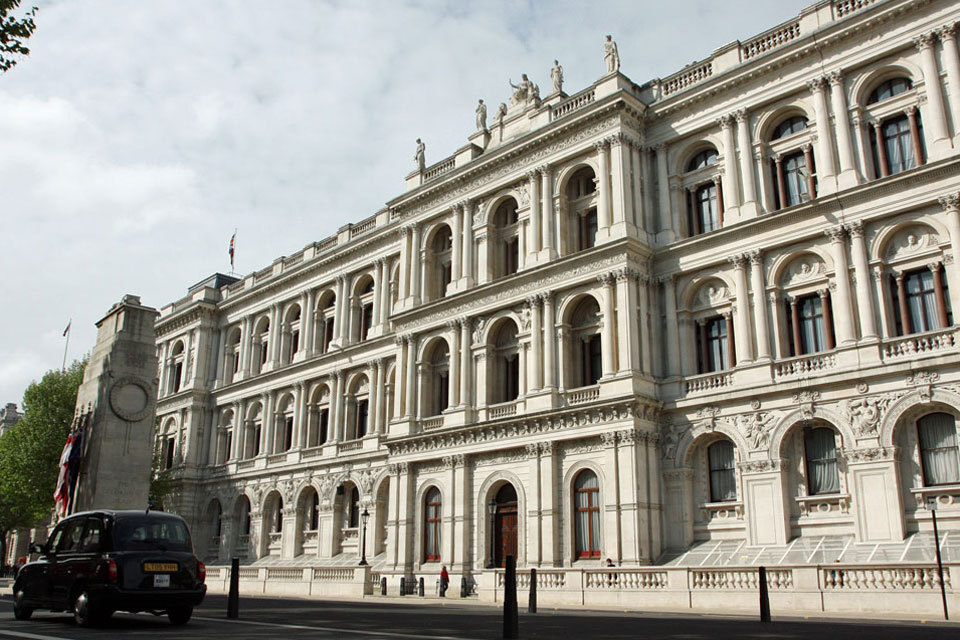Iran Tries to Modulate Clash With America
Saturday, 22 June, 2019
An F/A-18E Super Hornet takes off from the flight deck of the U.S. Navy aircraft carrier USS Nimitz on October 29, 2016. U.S. Navy Handout File Photo via Reuters
London - Amir Taheri
The downing of an American drone by Iran on Wednesday has inspired sensational headlines that a new phase in tension could propel the cold war between the two adversaries towards a hot phase. However, some analysts believe that the incident may have been precisely designed to prevent such an episode.
How so?
As the Islamic Republic begins to feel the effects of crippling sanctions, designed by President Barack Obama but activated by his successor Donald Trump, the Tehran leadership knows that dodging a response is no option. The question is how to respond?
One option is to do nothing.
However, that would puncture the Islamic Republic’s claim of being a great power capable not only of defending itself but also of project power across the Middle East. Doing nothing would also encourage the regime’s internal opponents to mobilize and exploit the inevitable economic problems accumulated along the way to next year’s general elections.
Another option is to raise the temperature notch by notch with the risk of a shooting war that Tehran knows it cannot win.
It seems that the Tehran leadership has chosen a third option: making headline-catching moves that boost the morale of the regime’s internal and external supporters without giving the “Great Satan” the excuse needed for a full Monty military retaliation.
The pattern of that strategy has been established with the attack on tankers berthed in Fujairah and, more recently, tankers passing through the Gulf of Oman in plain sight of Iran’s biggest aero-naval base on Jask Peninsula. The downing of the US unarmed drone is the latest episode.
To these must be added two rocket attacks on an American oil company installation in Basra and a US military advisers’ compound in Mosul, Iraq.
The brief intensification of rocket and missile attacks by the Houthi rebels in Yemen may also be regarded as part of the same scheme, albeit in a broader context.
All those moves shared four features.
The first is that they all took place away, but not too far away, from the Strait of Hormuz, which Tehran regards as one of its last cards to play. An attack there would have debunked Tehran’s claim of being able to keep the strait open or to close it when it so desires.
The second feature is that all the operations contain an element of plausible deniability. While it is plain to almost all those familiar with the terrain that only Iran could have carried out the attacks it would be hard to assemble hard evidence to satisfy a court of law.
The third feature of the attacks is that they all were planned carefully to avoid any casualties and/or serious material damage. The tankers attacked in Fujairah were empty and on their way to load oil, not on their way to world markets loaded with crude. The tankers attacked close to Jask were targeted at a time the crews were alert but at rest, thus eliminating risk to human lives.
The fourth feature of the attacks is to show that the Islamic Republic can operate in a relatively vast geopolitical perimeter spanning Oman, Saudi Arabia, The United Arab Emirates and Iraq not to mention US commercial and military presence in the region.
The attacks in question could be regarded as a means of communication by the Islamic Republic to express anger at the tightening of the sanctions’ screw that is beginning to crack the regime’s economic bones.
The question is: what response does Tehran expect?
One response may be to mobilize international opinion against “the dangers of a new war in the Middle East” in the hope of exerting pressure on the Trump Administration not to tighten the screw even further. That strategy could fill the void until next spring when the US presidential election begins in earnest. After that, Trump would not risk starting a new war so close to his bid for a second presidential term.
Another option is to keep on raising the temperature and the noise associated with it to drown Trump’s re-election message with the beatings of the drums of war. Tehran is currently harping on the theme of Trump as a man of peace surrounded by warmongers such as John Bolton and Mike Pompeo. Yesterday Tehran media was full of reports and editorials about Trump discarding military action against Iran at the last minute. If at some point Trump decides to ditch the two men that Tehran regards as its Nemesis, the mullahs could claim a partial victory and wait until the American vote in their next presidential election.
Stay up to date with world news through Asharq Al-Awsat. We provide you with the latest breaking world news to keep you informed on the global situation.

aawsat.com


 www.reuters.com
www.reuters.com








